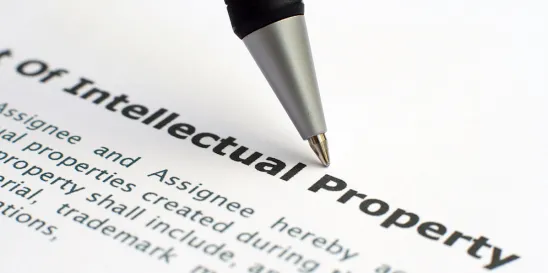Originally published from 2002 through 2015, the comic book series Fables tells the stories of fairy-tale characters living in modern New York City. Winner of more than 20 Eisner Awards (the equivalent of the Academy Awards or Emmys for comics), it was widely considered one of the best comics of the 2000s. Since the end of its first run, Fables has produced spin-offs, video games, and multiple canceled film and television projects. In 2022, for Fables’ 20th anniversary, DC Comics and creator Bill Willingham launched a direct continuation under the title Fables: The Black Forest. However, Willingham has taken a surprising step due to ongoing disputes with the publisher.
On Sept. 14, 2023, Willingham announced that, effective the next day, Fables would be in the public domain, stating in a blog post:
As of now, 15 September 2023, the comic book property called Fables, including all related Fables spin-offs and characters, is now in the public domain. What was once wholly owned by Bill Willingham is now owned by everyone, for all time. It’s done, and as most experts will tell you, once done it cannot be undone. Take-backs are neither contemplated nor possible.
Willingham’s act can be called a dedication to the public domain or a waiver or abandonment of his copyright. Surprisingly, the Copyright Act and related statutes do not address such voluntary surrenders of copyright, and the law regarding the form and effect of such dedications or abandonments is unclear – neither the Copyright Office nor the Courts define standard language or acts that make an intended release effective and irrevocable. Willingham’s statement makes particularly clear that it is a deliberate dedication to the public domain and that he intends it to be irrevocable, but other issues remain. He can dedicate to the public domain only the copyrights he owns, and even those may be limited by agreements with his publishers or co-creators.
In his blog post, Willingham does not conceal that he is subject to certain agreements with DC Comics that restrict his ability to publish Fables works or authorize others to make derivative works or merchandise. Those same agreements may restrict his ability to abandon his copyrights in this manner, and further, while Fables is often called a “creator-owned” series, and Willingham describes it using that term, it is not clear exactly what Willingham owns – while he wrote the series, the artists were employed by DC Comics, and even his contributions may still be owned by DC Comics. For example, the copyright registration for the first collected Fables volume, Reg. No. TX0005428291, reflects DC Comics as the sole copyright claimant and owner. While it is possible that his agreements with DC Comics assigned back his work (or even the illustrations that accompanied them), it is very likely that Willingham owns only the copyright in the characters and setting, which are closely modeled on existing public domain materials such as Cinderella, the Big Bad Wolf, and the like.
Whether viewed as a noble release of rights to the public good or a petty tactic in a contractual dispute, it appears that Willingham has released his copyrights into the public domain. However, he can only release his copyrights, and DC Comics is disputing his ownership of all aspects of the Fables comic books, including their “storylines, characters, and elements.” This dispute means that a creator using elements taken from Fables would be taking a significant risk that DC Comics (a subsidiary of Warner Bros Discovery) would take action against infringement of their copyrights in Fables. It is very possible that Willingham’s dedication to the public domain will be of little or no effect, as it is impossible to know, without reviewing every past agreement between Willingham and DC Comics, which of DC Comics and Willingham owned the copyright in each element of Fables when Willingham made his announcement.
Like with every other copyright matter, clearance and legal review are vital to avoid copyright infringement.




 />i
/>i
